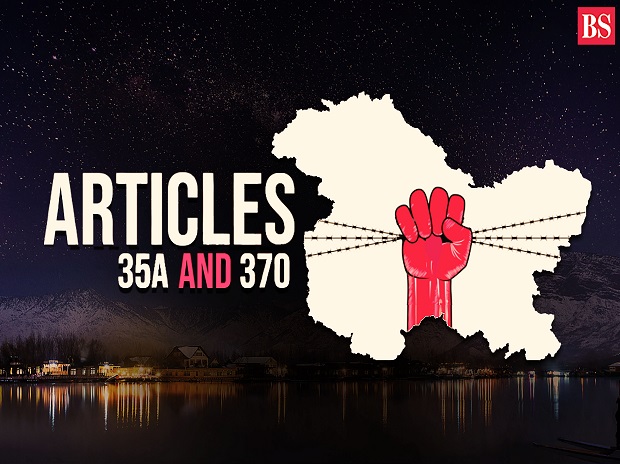Jammu & Kashmir special status: Decoding Article 35A and Article 370
With
speculation rife that the Bharatiya Janata Party (BJP) -led central
government could abolish or try to amend Article
35A and article 370,
which give a special status to Jammu & Kashmir, there is a lot of
confusion as to what these two statutes entail. Political parties on
either side of the debate have voiced their opinion, with some
calling tinkering with Article 35A “like setting powder keg on
fire”, while others have supported the idea calling it a move to
unify of the country.
What
is Article 35A?This provision of the Constitution allows the Jammu & Kashmir state Assembly to define who is and is not a “permanent resident” of the state. To further break it down, this provision of the Constitution gives the legislators from Jammu & Kashmir the exclusive power to determine as to which people in or outside the state will have special rights and privileges granted by the state.
The provision, inserted through a special Presidential order in 1954, also gives the state Assembly powers to determine the recipients of state grants, the right to purchase land and property in the state, as well as settling permanently in the region. Other than this, the legislative Assembly of Jammu & Kashmir can use the provision to restrict rights of any person not classified under “permanent resident” of the state. Read More
Article
Source -> Business
Standard




Comments
Post a Comment